Extraco Banks is committed to helping you keep your financial information safe. Bookmark this page to learn about the latest scams in the marketplace.
Safe Banking
Common Scams To Be Aware Of
If you are receiving text messages claiming to be Extraco, these messages are not from Extraco. Please do not click any links in these texts. Scammers are also asing people to download one of these apps to steal information: Anydesk, Connect Wise, Remote PC, Team Viewer and Zoho Assist. Do not download if asked to do so! If you're ever unsure whether a message is from us, call 1.866.398.7226 to verify. Your security is our priority!
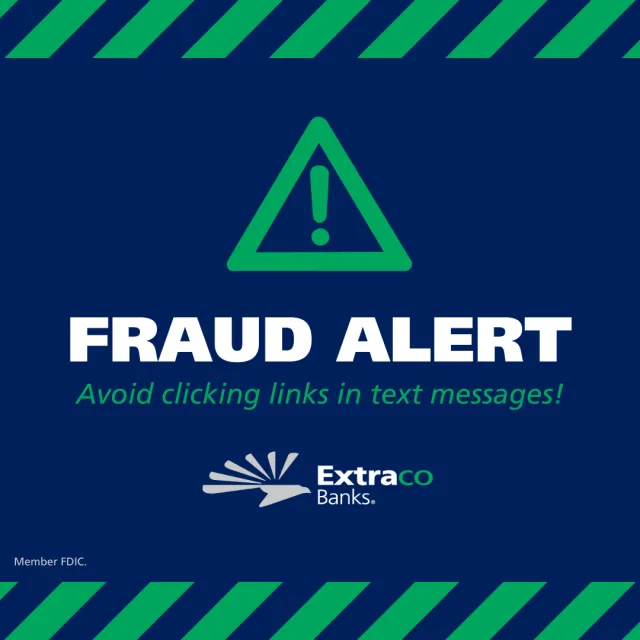
Bank Jugging occurs when a thief parks outside of a bank and watches patiently as customers go in and out. The suspect targets anyone who comes out with a bank bag, coin box or bank envelope that looks like they may have a large amount of cash. They then follow the customer and burglarize their car or the victim directly.
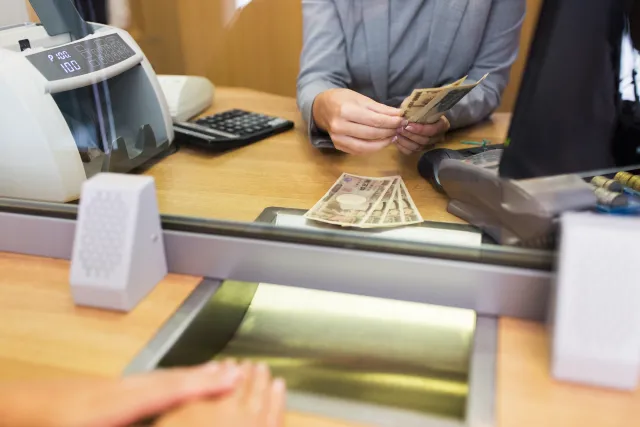
Spoofing is a type of scam where a fraudster pretends to be someone trustworthy in order to gain access to your personal information or assets. They use different spoofing methods to steal your money, identity, or infect your device with malware.
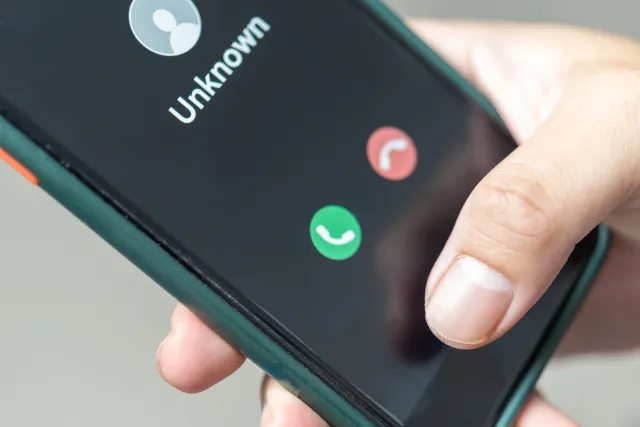
Identity theft occurs when someone uses your personal or financial information without your permission. It can damage your credit score and cost you money and time.
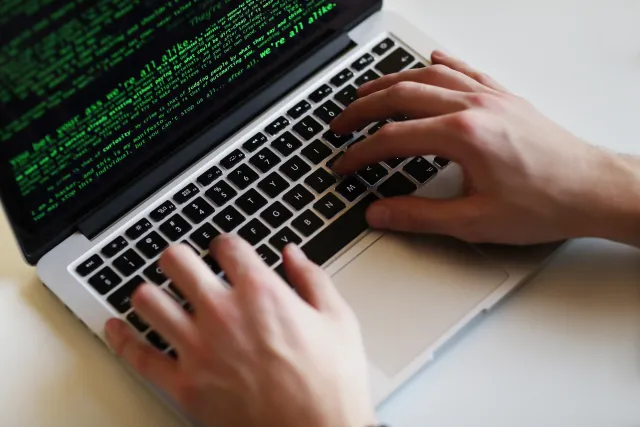
Every day, thousands of people fall victim to fraudulent emails, texts, and calls from scammers pretending to be their bank. At Extraco Banks, we’re committed to helping you spot them as an extra layer of protection for your account. We’ve joined with the American Bankers Association and banks across the country in a nationwide effort to fight phishing—one scam at a time.
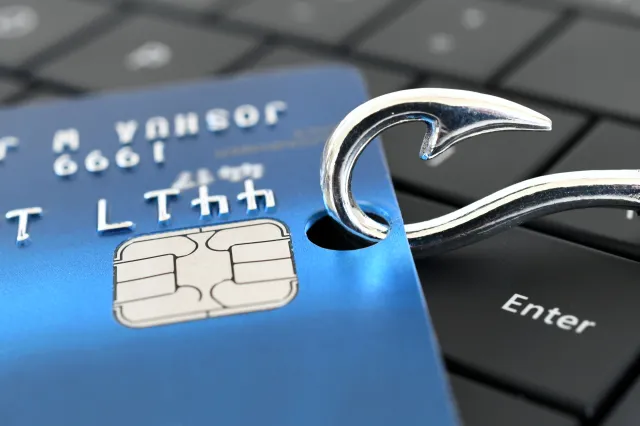
The newest get-rich-quick scheme is called “Card Cracking” and it is aimed at the younger generation who are new to credit cards and bank accounts and maybe just gullible enough to believe that if it is on the Internet it must be legitimate, right?

Safe Banking for Seniors
Older adults with impairments are more likely to fall victim to financial elder abuse. It doesn’t matter who the caregiver is, either. Friends, family, neighbors, and even professional caregivers can be at the heart of the problem. When it happens, financial fraud often comes at a high cost. The FBI reported Americans aged 60 and older lost nearly $1.7 billion in 2020, with fraud claiming over 92,000 victims that year.
Safe Banking Tip For Seniors
- Contact the bank to discuss your options for view-only access.
- Monitor accounts for suspicious checks or other transactions.
- Watch for overdrafts and any unpaid bills.
- Watch for unauthorized transactions, transfers, and withdrawals.
- Contact the bank immediately to report any suspicious activity.


